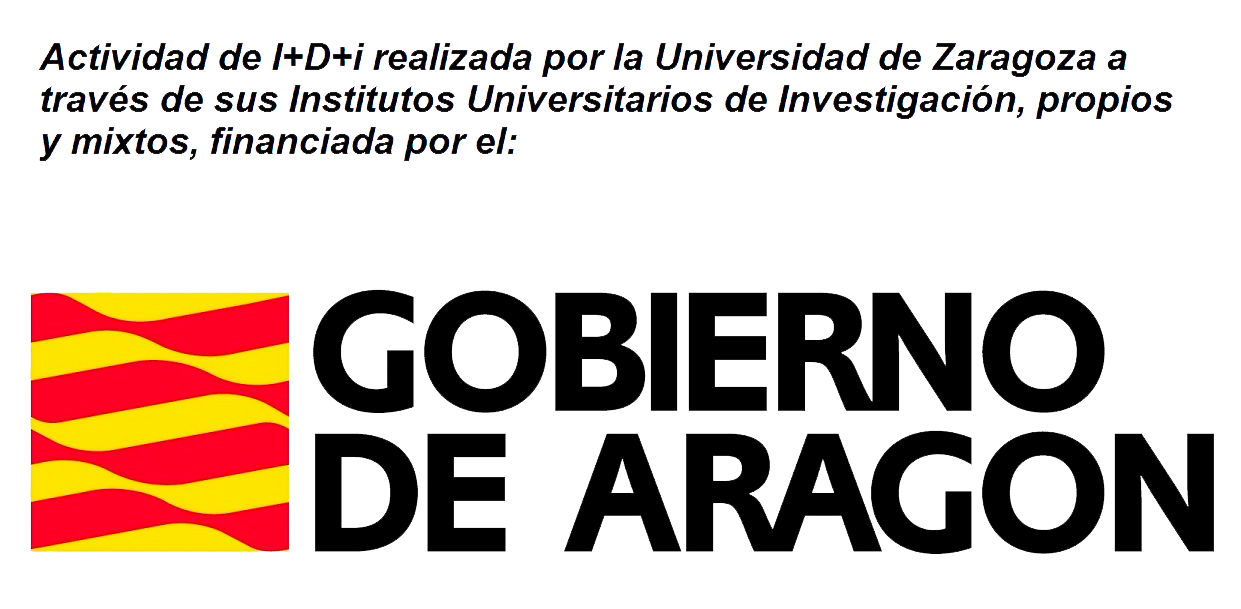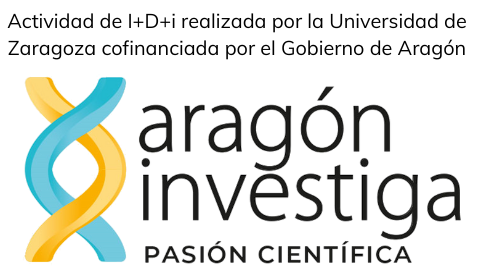Mª Teresa Bes Fustero
Centre: Dpto. de Bioquimica y Biologia Molecular y Celular
Institution: University of Zaragoza, Zaragoza (Spain)
Position: Researcher from the University of Zaragoza
E-mail: tbes@unizar.es
Phone: 976 762841
Profile: Ver
Personal statement
I did my PhD thesis “Regeneration of pyridine nucleotides by immobilization of the enzyme ferredoxin-NADP+ reductase and its application to biotechnological processes” at the University of Zaragoza, with stays at the Institute of Catalysis and Petrochemistry of CSIC (Madrid), the University College Dublin (Ireland) and the University of Arizona (Tucson, USA). Previously, I had worked in the private industry developing R&D and quality control activities. After a three-year postdoctoral stay between the Universities of Exeter (UK) and Göttingen (Germany), I rejoined the Structural Biology group at the University of Zaragoza with a return grant from the Marie Curie program of the European Union. I am full professor since 2010, accredited to full professor in 2024. Currently, I teach in the Biotechnology degree and I am part of the Cyanofur research group. I am a member of BIFI since 2003.
Researcher profile identity
I work with bacterial transcriptional regulators, mainly cyanobacteria, characterizing their functions and mechanisms of action. In particular, my research focuses on the study of redox characteristics and the effect that the binding of certain metabolites and chemical compounds has on the activity of the FUR (ferric uptake regulator) family of regulators, whose members control vital processes for bacteria such as metal homeostasis, activation of response genes to various types of stress, nitrogen fixation or biofilm formation. I also work on the identification and functional characterization of other regulators, which in turn are modulated by FUR proteins, in order to establish complex regulatory networks in cyanobacteria. In my research activity, I tutor the work of undergraduate and PhD students and, I am currently, responsible in co-direction of the reference group Structural Biology (E35_23R) of the Government of Aragon.
Why my research is important
Cyanobacteria are key organisms in the global ecosystem, as well as useful models for studying metabolic and physiological processes conserved in photosynthetic organisms and potential renewable platforms for chemical production. Some cyanobacteria can be used as feedstock for biofuel production, bioremediation agents to remove toxic wastes from contaminated sites (soil, water, wastewater and sediments), biofertilizers to improve soil fertility in agriculture, feed supplements for animal feed and aquaculture, as well as for human nutrition, and in the pharmaceutical, food and cosmetic industries.
Characterizing the metabolism and physiology of cyanobacteria and, in particular, knowing how they are regulated is key to understanding the role of these microorganisms in the environment, the impact of climate change and global warming on the ecological and biogeochemical qualities of cyanobacteria, the formation of harmful algal blooms, toxin production, and being able to the potential of these microorganisms in biotechnological applications.
Know more about me and my research
– https://bifi.es/biochemistry-mcb/










